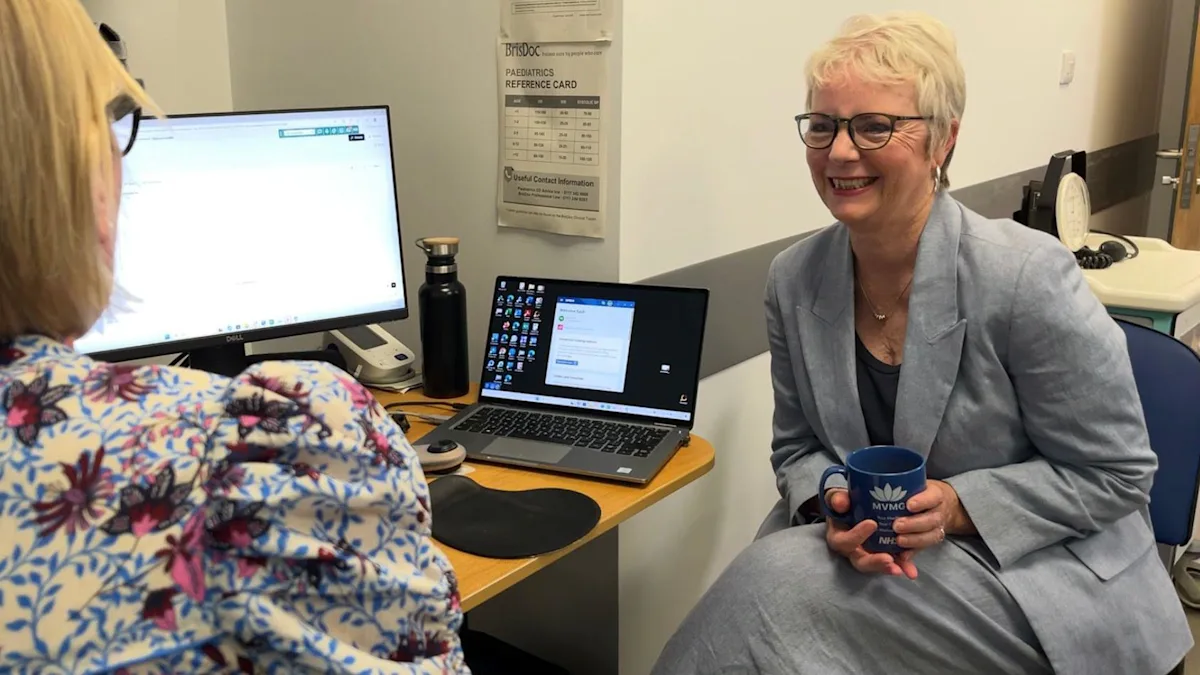Health Minister Commends AI Use at GP Surgery
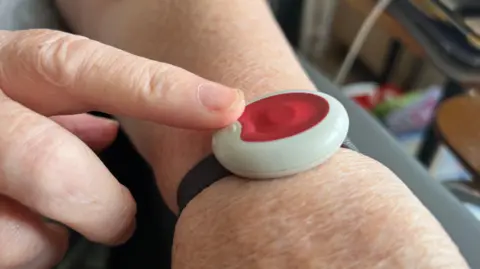
Health Minister Karin Smyth recently visited St George’s Surgery in Worle, Weston-super-Mare, part of the Mendip Vale Medical Group. She applauded the team for their innovative use of AI in GP surgeries to improve patient care and ease administrative pressure on staff.
How AI Is Being Used in GP Surgeries
The GP surgery uses AI tools to automate tasks such as note-taking during consultations and drafting letters. Clinicians review all AI-generated content to ensure it is accurate and safe before sending it. This use of AI in GP surgeries helps free up time for direct patient care.
Cutting Administrative Burden with AI
Smyth emphasized that healthcare staff have been “hampered by needless administrative tasks.” The AI systems now allow doctors to spend more time with patients, rather than on paperwork.
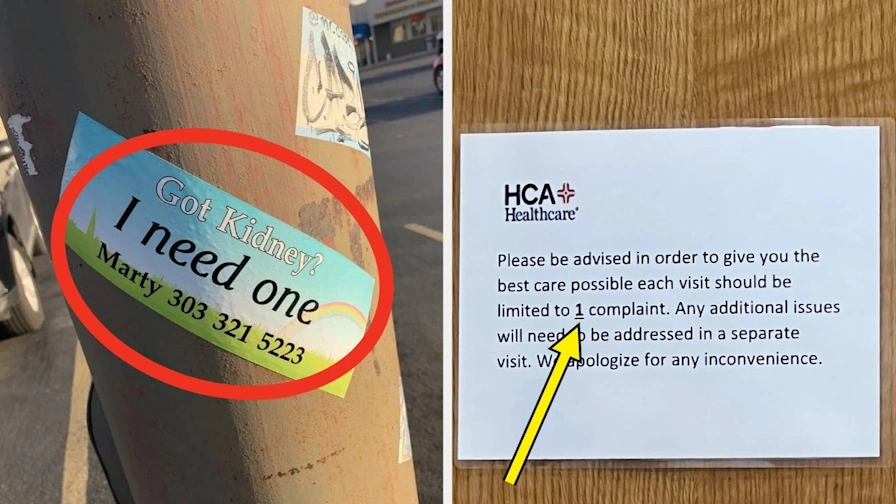
In June, St George’s Surgery handled more than 9,000 appointments. Patients booked and attended over half of the appointments on the same day, highlighting how well the streamlined operations work.
Supporting the NHS with AI Technology
Under the government’s 10-Year Health Plan, providers will receive support to roll out similar technologies. Officials estimate this could free up the equivalent capacity of over 2,000 full-time GPs.
Andy Carpenter, Digital Director at Mendip Vale Medical Group, noted that digital tools are crucial as general practice faces rising demand. “AI and technology help us meet that demand efficiently,” he said.
Patient Safety and AI Acceptance
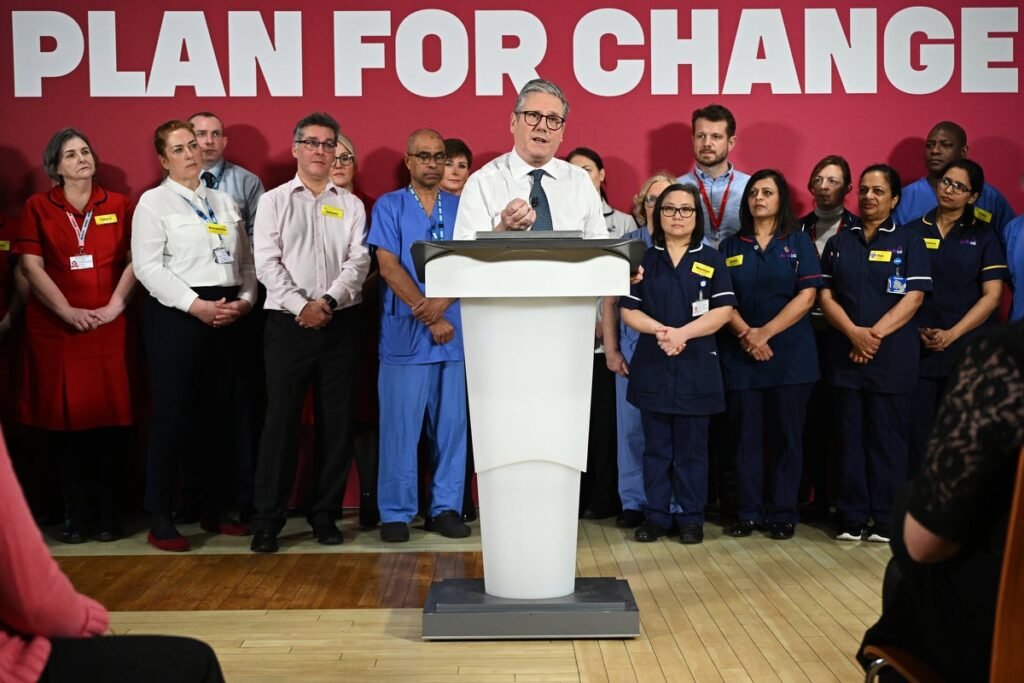
Carpenter also addressed concerns about safety. He explained that robust systems are in place to protect patient data. “Most patients see AI as a benefit. It allows for more face-to-face time with their doctor,” he said.
Other AI Innovations in Practice
During the visit, Smyth observed other AI-driven tools in use, including remote temperature monitoring for vaccine storage. This helps prevent the loss of vital stock due to equipment failure.
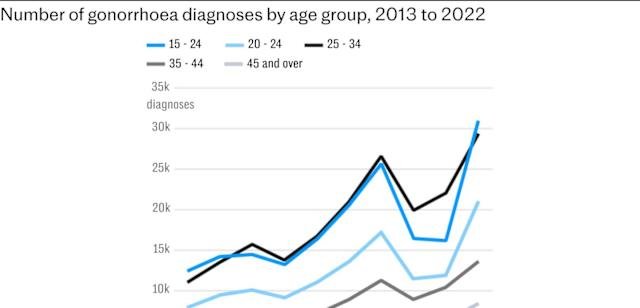
She concluded, “AI is key for the future of healthcare. But it must be safe and regulated. We’re working closely with clinicians to make sure we’re on the right track.”
